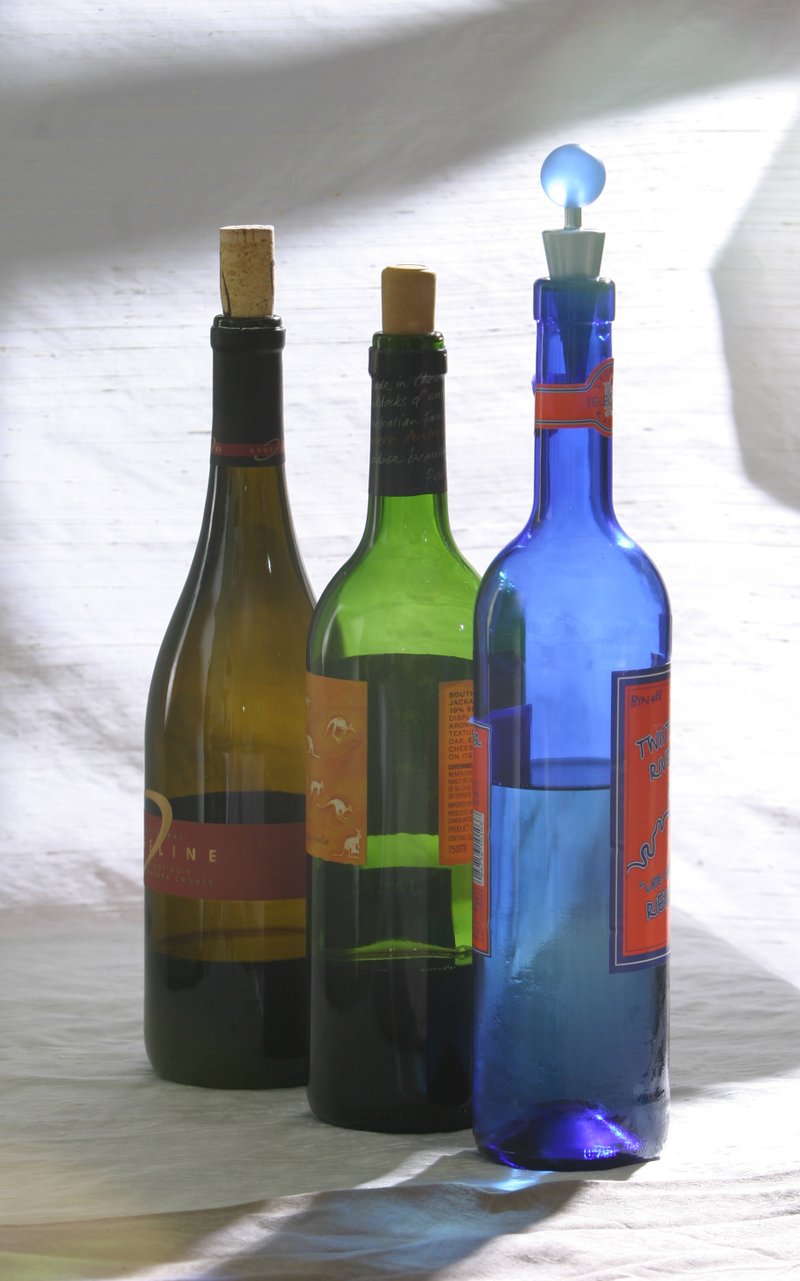I was recently asked if it's OK to cook with wine that has been opened.
We're probably all familiar with the old saying, "If you wouldn't drink it, don't cook with it."
It sounds simple enough. But the answer is more complicated. It isn't financially savvy or practical to toss a bottle simply because it has been open long enough to lose its peak freshness.
Most of us are very resourceful when it comes to creating new masterpieces out of last night's dinner. Shouldn't we do the same with our wine?
A bottle of wine that has been open for several days is not going to taste as the winemaker intended nor will it be as enjoyable to drink, but that doesn't mean its age would be noticeable in a reduction, stew or sauce.
If you want to reduce your wine waste by cooking with it, you can't haphazardly leave opened bottles sitting out by the kitchen sink. Always re-seal an open bottle with a stopper or its original cork and store it in the refrigerator and with the least contact with oxygen.
During cooking as the wine is exposed to heat, its flavors change. Wine imparts four key characters in a recipe: acidity, sweetness and tannins and a not so technical term "wine flavor." The wine will lose its alcohol content and many of its original flavors, but these key elements will remain.
I try not to use wine that has been opened for more than a week. Bottles opened for weeks or months, even refrigerated, will lose most of the key character you are looking for in a recipe when adding wines.
If a wine has cork taint or volatile acidity most likely these faults will be imparted on the dish you are cooking. The cork taint is caused by a chemical contaminant, trichloroanisole or TCA. These wines have a strong moldy odor similar to a wet dog, musty basement or damp newspaper. When a wine is tainted there is no way to correct it and it's best to toss the bottle. The tricky issue is taint is perceived by people in different ways. My advice is when in doubt, pour it down the sink and don't risk your dinner guests second guessing why your beef stew reminds them of wet dog.
Volatile acidity is when there is a higher than normal level of acetic acid. These are the flawed wines smelling like model airplane glue, nail polish remover or vinegar. Even if your recipe calls for a dash of vinegar these notes are not the same when cooking with flawed wines. Again, my rule is better down the sink than in my guests' main course.
Lorri Hambuchen is a member of London's Institute of Wines and Spirits. Contact her at the Arkansas Democrat-Gazette, P.O. Box 2221, Little Rock, Ark. 72203, or email:
Food on 11/14/2018

